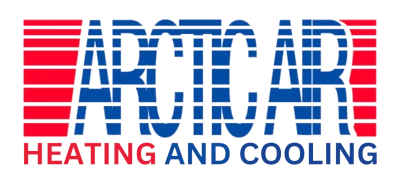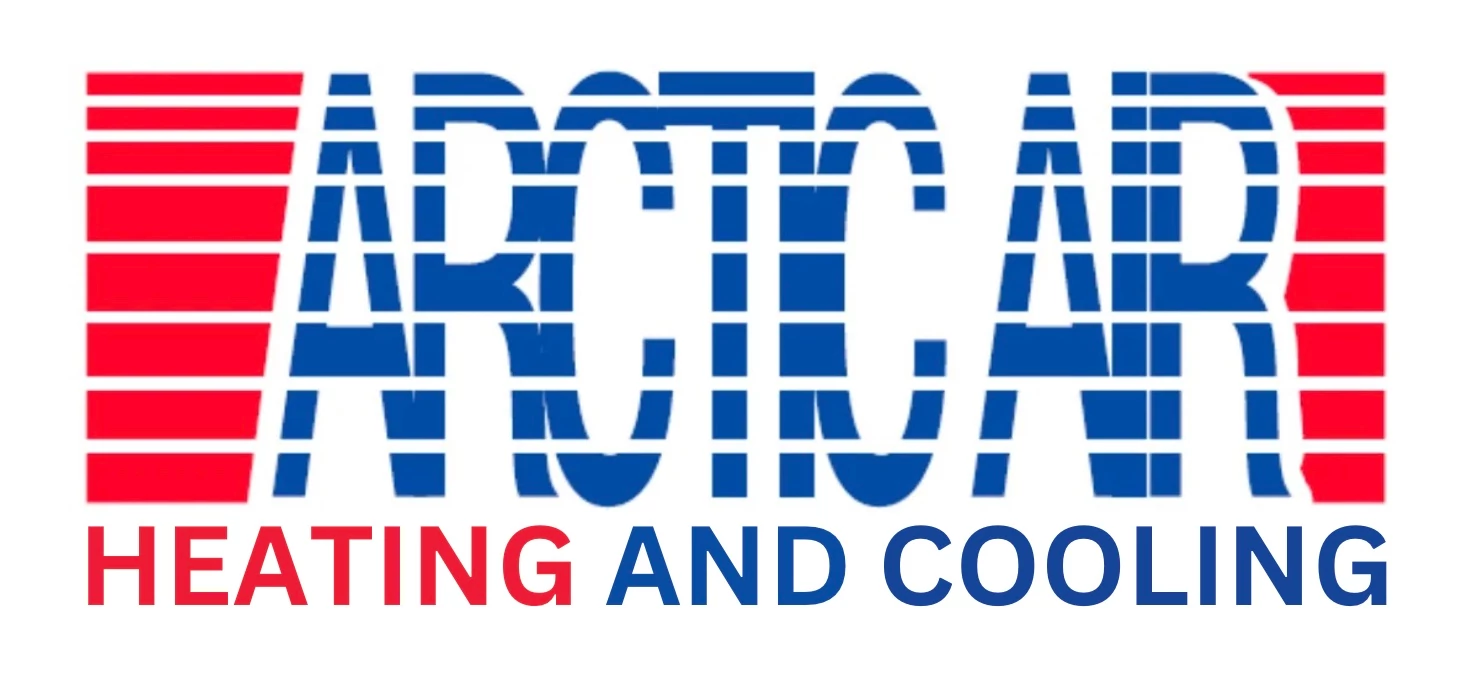Are you tired of hearing the same old myths about HVAC systems? Do you find yourself constantly questioning whether or not they are true? Look no further, as we have compiled the ultimate guide to debunking 10 HVAC myths you’ve been told. As a homeowner or a business owner, it’s important to know the truth about your HVAC system to ensure it is running efficiently and effectively. Our team of experts has sifted through the most common myths and misconceptions about HVAC systems so that you can have all the information you need to make informed decisions about your heating and cooling needs. From debunking the myth that closing vents in unused rooms saves energy to the belief that bigger systems provide better performance, we’ll set the record straight and provide you with the facts you need to know. So, sit back, relax, and prepare to have your HVAC myths debunked once and for all.
Myth #1: “Closing vents in unused rooms saves energy”
One of the most common HVAC myths is that closing vents in unused rooms can help save energy. While it may seem like a logical solution to controlling the temperature in your home, it can actually do more harm than good. Closing vents can create an imbalance in the system’s airflow, which can cause your HVAC system to work harder and less efficiently. This can lead to increased energy bills and even damage to your HVAC system.
Another reason why closing vents can be detrimental to your HVAC system is that it can cause pressure imbalances. When you close vents in one room, the air that would have gone into that room is forced to go somewhere else. This can cause too much air pressure in certain areas of your home, which can lead to other issues like leaks in your ductwork or even damage to your HVAC system’s compressor.
The best way to ensure that your HVAC system is running efficiently is to have a properly balanced system. This means that the airflow throughout your home is evenly distributed, and the pressure is balanced. If you’re unsure about how to do this, it’s best to consult with an HVAC professional.
Myth #2: “Bigger HVAC systems are always better”
Many people believe that bigger HVAC systems are always better because they can provide more cooling or heating power. However, this is not always the case. In fact, a system that is too big for your home can be just as detrimental as one that is too small.
A system that is too big will cycle on and off more frequently, which can lead to increased wear and tear on your system. It can also cause your home to feel humid and uncomfortable because the system is not running long enough to properly dehumidify the air. Additionally, a system that is too big can lead to increased energy bills because it is consuming more energy than necessary to cool or heat your home.
On the other hand, a system that is too small for your home will have to work harder to maintain a comfortable temperature. This can lead to increased energy bills and even premature system failure.
The key to finding the right size HVAC system for your home is to have a professional perform a load calculation. This calculation takes into account the size of your home, the number of occupants, and other factors that can affect your HVAC system’s performance.
Myth #3: “Regular HVAC maintenance is unnecessary”
One of the most dangerous HVAC myths is that regular maintenance is unnecessary. Many people believe that their HVAC system will continue to work without any maintenance for years, but this is simply not true. Regular maintenance is essential to keep your HVAC system running efficiently and to extend its lifespan.
During regular maintenance, an HVAC technician will inspect your system, clean the components, and make any necessary repairs. This can help prevent breakdowns and other issues that can be costly to repair. Additionally, regular maintenance can help improve your system’s efficiency, which can lead to lower energy bills.
Regular maintenance can also help improve your indoor air quality. During a maintenance visit, your HVAC technician can clean the air filters, which can help reduce the number of allergens and other pollutants in your home’s air.
Myth #4: “A high-efficiency filter can solve all indoor air quality problems”
Many people believe that a high-efficiency filter can solve all indoor air quality problems. While it’s true that a high-efficiency filter can help reduce the number of allergens and other pollutants in your home’s air, it’s not a cure-all solution.
In order to improve your indoor air quality, you may need to take additional steps like installing an air purifier or improving the ventilation in your home. Additionally, it’s important to change your air filters regularly, as a dirty filter can actually worsen your indoor air quality.
If you’re concerned about your indoor air quality, it’s best to consult with an HVAC professional. They can help you identify the source of the problem and recommend the best solution for your home.
Myth #5: “Turning the thermostat way up or down will heat or cool the house faster”
Many people believe that turning the thermostat way up or down will heat or cool their home faster. However, this is not true. Your HVAC system is designed to maintain a consistent temperature, (see https://www.energy.gov/energysaver/programmable-thermostats) and turning the thermostat up or down will not cause it to work faster.
In fact, turning the thermostat way up or down can actually have the opposite effect. If you turn the thermostat down too low, your HVAC system may struggle to maintain the temperature, which can lead to increased energy bills and even system failure. Similarly, turning the thermostat up too high can cause your system to work harder than necessary, which can also lead to increased energy bills and system failure.
The best way to use your thermostat is to set it to a comfortable temperature and leave it alone. If you’re concerned about energy usage, consider investing in a programmable thermostat, which can help you save energy by automatically adjusting the temperature when you’re away from home.
Myth #6: “Ceiling fans should always be run clockwise in the winter and counterclockwise in the summer”
Many people believe that ceiling fans should always be run clockwise in the winter and counterclockwise in the summer. However, this is not necessarily true.
In the winter, running your ceiling fan clockwise can help push warm air down from the ceiling, which can help keep your home more comfortable. However, in the summer, running your ceiling fan counterclockwise can help create a cool breeze, which can help reduce your reliance on your HVAC system.
The key to using your ceiling fan effectively is to match its direction to your needs. If you’re unsure about how to do this, consult with an HVAC professional.
Myth #7: “Newer homes don’t need duct cleaning”
Many people believe that newer homes don’t need duct cleaning because they assume that the ducts are clean. However, this is not necessarily true. Even in new homes, dust, debris, and other pollutants (see https://www.lung.org/clean-air/at-home/indoor-air-pollutants), can accumulate in the ducts, which can affect your indoor air quality and your HVAC system’s performance.
Regular duct cleaning can help remove these pollutants and improve your indoor air quality. It can also help your HVAC system run more efficiently, which can lead to lower energy bills and increased lifespan.
If you’re unsure about whether or not your ducts need cleaning, consult with an HVAC professional.
Myth #8: “Using a space heater is cheaper than using the central heating system”
Many people believe that using a space heater is cheaper than using the central heating system. While it’s true that a space heater can provide localized heat, it’s not necessarily cheaper than using your central heating system.
In fact, using a space heater can actually be more expensive than using your central heating system, especially if you’re trying to heat a large area. Additionally, space heaters can be dangerous if they’re not used properly, as they can cause fires or other safety hazards.
If you’re concerned about energy bills, consider investing in a programmable thermostat or upgrading to a more energy-efficient HVAC system. These options can help you save money on energy bills while still keeping your home comfortable.
Myth #9: “Closing the fireplace damper will prevent heat loss”
Many people believe that closing the fireplace damper will prevent heat loss. While it’s true that closing the damper can help prevent heat loss, it’s not a foolproof solution.
When you close the damper, it can create negative pressure in your home, which can cause cold air to be drawn in through other areas like windows and doors. Additionally, closing the damper can cause smoke and other pollutants to become trapped in your home’s air, which can affect your indoor air quality.
If you’re concerned about heat loss, consider investing in a more energy-efficient HVAC system or improving your home’s insulation. These options can help reduce heat loss and improve your home’s energy efficiency.
Myth #10: “UV lights are the best way to kill indoor air pollutants”
Many people believe that UV lights are the best way to kill indoor air pollutants. While UV lights can be effective at killing some types of pollutants like bacteria and viruses, they are not a cure-all solution.
In order to improve your indoor air quality, you may need to take additional steps like improving ventilation or installing air purifiers. Additionally, UV lights can be expensive to install and maintain, so it’s important to consider whether or not they’re the best solution for your home.
Conclusion:
In conclusion, there are many HVAC myths that can lead to confusion and misinformation. By debunking these myths, you can make informed decisions about your HVAC system and ensure that it is running efficiently and effectively. Whether you’re concerned about energy bills, indoor air quality, or system performance, it’s important to consult with an HVAC professional to get the best advice for your home. With the right information and guidance, you can enjoy a comfortable and healthy home all year round.






